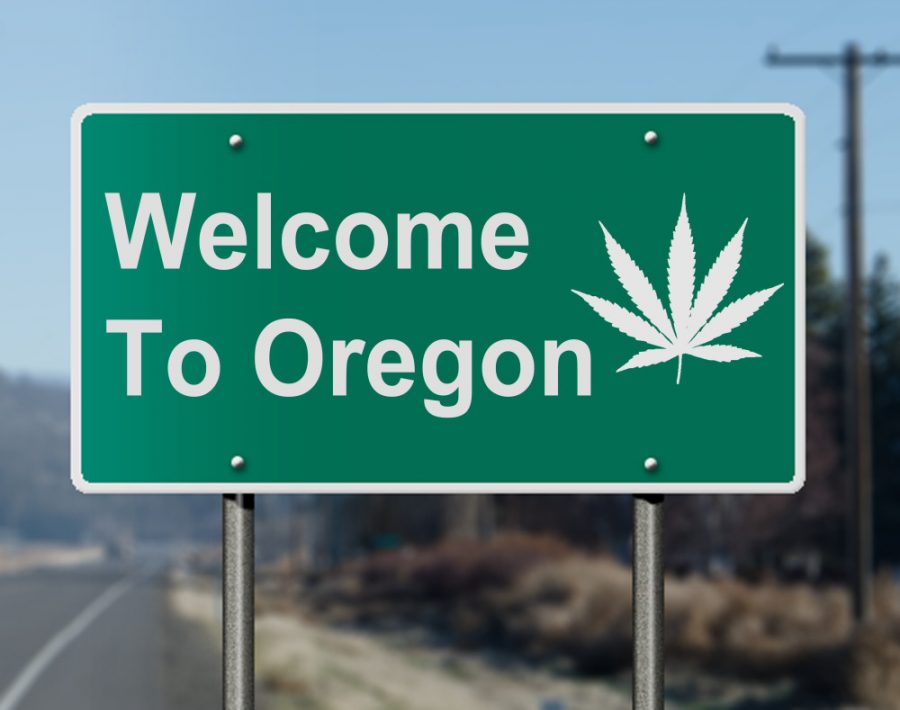Oregon regulators announce changes to the state’s medical cannabis program
It’s a new year and for medical cannabis patients in Oregon, it’s an entirely new opportunity to medicate naturally.
How? Because on December 28, rules approved by the Oregon Liquor Control Commission went into full effect. Those rules, of which were drafted by state regulators, permit patients to receive medical cannabis delivery.
The rules apply for patients in areas that have currently prohibited any form of cannabis activity. Moreover, the daily purchase limit will be raised for medical cannabis cardholders.
Larger quantities of medical cannabis in Oregon available to patients
Based on changes made by the commission, members of Oregon’s medical cannabis program can now acquire a maximum of eight ounces during a single dispensary visit. This is a rather generous increase, compared to the one-ounce limit introduced in August of last year.
Officials initiated the restrictions after suspecting that medical cannabis patients in Oregon were acquiring pharmaceutical-grade weed for illicit purposes.
As many as 40,000 people are believed to use medical cannabis in Oregon.
“Let’s just say it’s another opportunity to provide medical patients with access to the medicine they need,” said a commission spokesman named Mark Pettinger.
Medical cannabis patients and advocates in Oregon have previously expressed their worries about the tight restrictions on access to medicinal-grade weed in “The Beaver State”. Pettinger said that some patients were forced to visit cannabis-friendly jurisdictions in order to acquire their medication. He went on to say that the commission is trying to “find a middle ground” and described situations whereby an individual is restricted to buying just one ounce per time as “burdensome.”
Hemp-based medical cannabis in Oregon can be produced
A temporary rule approved by the commission will also benefit businesses in control of hemp handling and production.
Hemp-related activity can continue to commence in-state, despite the fact that permanent rules have not yet been developed. This shift in regulations emerges following President Donald Trump’s recent signing of the 2018 Farm Bill.
By the close of February, commission officials predict that permanent rules will be finalized. The commission’s decision to permit medical pot deliveries in restricted areas of Oregon was prompted after patients felt somewhat neglected by the former one-ounce limit.
“We didn’t want to turn a deaf ear to the (cardholders’) needs,” Pettinger added.
Cannabis advocate and Portland-based attorney Leland Berger described the news as “terrific.”
Both decisions made by regulators will have “a significant compromise on the part of the agency,” according to Berger. “I’m proud of Steve Marks and his staff for keeping an open mind on this issue.”








